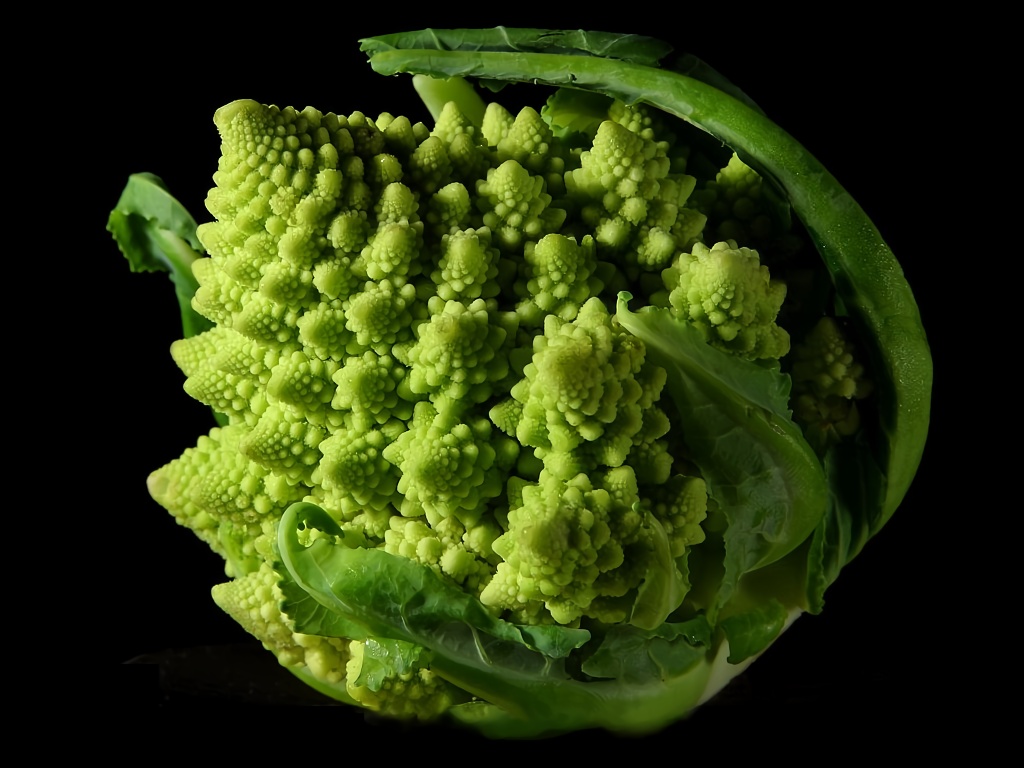
|

|

|

|
Corona notes
An online course is currently not planned.
Content
A key concept in the theory of 'Complex and Adaptive Dynamical Systems' (CADS) is the notion of self-organization, namely that relatively simple basic evolution equations may give rise to complex spatio-temporal patterns and dynamical structures. For an online simulator of the Gray-Scott reaction diffusion system and a wide palette of other online simulations see complexity explorablesThe course will start with an introduction to dynamical system theory and to bifurcation and catastrophe theory. Further topics will include the Turing instability and pattern formation in diffusion-reaction systems, swarm intelligence, opinion dynamics, car following models and Darwinian evolution (error-catastrophe, quasi-species, hyper-cycles).
A requirement for course completion is a student simulation project, which may be performed either alone or in groups of up to three students. The subject can be either of one's own choice or selected from a list that will be provided.
Depending on the programming knowledge of the course participants a short introduction to C++ will be given. This will be decided in the first week.
Requirements
This lecture course is suitable for all students enrolled in physics/neurosicences/informatics/biology courses starting from the third year. Basic knowledge of differential equations and probability theory is helpful.
| course problem session special data javascript tutorial |
Tue 8:30-10:00, Phys. 1.114
Fri 8:30-10:00, Phys. 1.114 Thu 14:00-16:00, Phys 01.310 Wed, Dec 21 2022, 14:00-16:00, Phys 01.120 Wed 15:00, Phys 01.120 (cip pool; Zoom link) |
start: Tue, Oct 18
start: Thu, Oct 27 Dec 07 (only once) |
| the problem session and the computer lab
include the possibility for small research projects und student seminars » Schein für ein Arbeitsgruppenseminar (BA/MA) möglich « | ||
requirements for a certificate (als Wahlpflichtfach mit 8 CP):
| ||
Exercises
Monday to Monday cycle. If you have any question just contact- Daniel Nevermann (nevermann@nirvana.org, spam@itp.uni-frankfurt.de); Phys 01.141
- Oren Neumann (neumann@nirvana.org,
spam@itp.uni-frankfurt.de); Phys 01.141
- 12. exercise sheet
- 11. exercise sheet
- 10. exercise sheet
- 9. exercise sheet
- 8. exercise sheet
- 7. exercise sheet
- 6. exercise sheet
- 5. exercise sheet
- 4. exercise sheet
- 3. exercise sheet
- 2. exercise sheet
- 1. exercise sheet (warmup)
- ..
Lecture Notes
- Bifurcations and Chaos
- Epidemiological Modeling
- Adaptive Systems
- Self Organization and Pattern Formation
- Cellular Automata and Self-Organized Criticality
- Darwinian Evolution, Hypercycles and Game Theory
- ..
- Network Theory (only Chap. 1.2.2 Probability Generating Function Formalism)